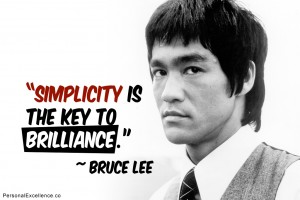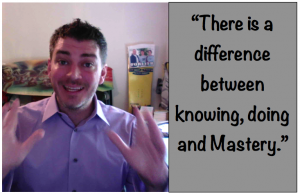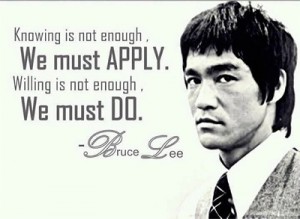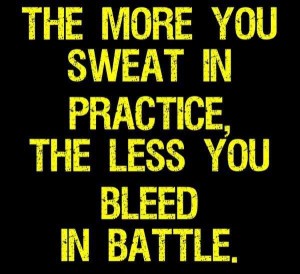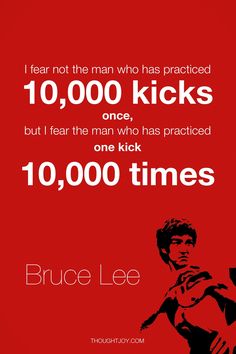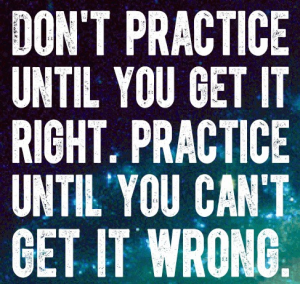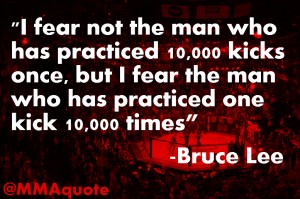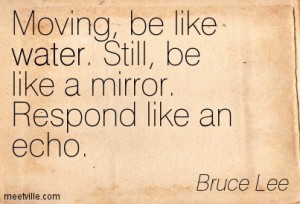The one rule of the Playground Program: All speaking needs to answer the questions: what happened, what is real?
One of the first things people learn in the Landmark Education Forum is the idea that most of what you think happened to you, around you, in your life, is a story.
It’s a simple distinction, yet it is profound, it is life altering… for a moment. In the moment of seeing that, it is profound. Then it disappears, it goes underground. It is replaced completely by the story… Flash in the pan, kitchen fire, not forest fire… Inconsequential. In spite of the fact that when it is alive, when it is operational, it is life altering, transformational. Big.
When I talk to graduates of Landmark Education’s programs, they, maybe, can give lip-service to this distinction, “story”, they know about it, but if you listen to them, it is not a distinction that is alive and well, guiding them through the maze of mind-full (living from the mind) living, unconscious living, living without distinctions.
My experience has been that a little knowledge will definitely lower your vibration to lower than it was before that little knowledge. Tree of Knowledge… knowing about it, but no mastery.
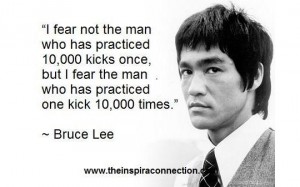 Most of what is important disappears really fast, And being able to tell the difference between the facts and the fiction is the most important distinction you can to master if you want your life to become your life, instead of you being jerked around by what you consider life.
Most of what is important disappears really fast, And being able to tell the difference between the facts and the fiction is the most important distinction you can to master if you want your life to become your life, instead of you being jerked around by what you consider life.
It is the classic issue: who wags who, the dog wags the tail, or the tail wags the dog.
The main stumbling block from going from ‘being the dog wagged by the tail’ to self-determination, self-control, and stepping on the path of becoming a Human Being, is this distinction:
Did it happen? Or did you make it up?
For the past 30 or so years I have been teaching distinctions, I have created and lead many programs, but this is the only program that is designed for mastery, mastering just one distinction.
Bruce Lee said it best when he said: “I fear not the man who has practiced 10,000 kicks once, but I fear the man who has practiced one kick 10,000 times”
In the Playground Program there is only one “kick” to practice, and the results will surprise you.
The common myth is that you need to know a little about everything. 1 Nothing is further from the truth. Living by this myth makes for a shallow life, lots of pretenses, no satisfaction.
A tool of a thousand tools that you have seen or used once, is now useless to you: you don’t know how to use it well. A master of that one tool can do near anything with it, because that one tool opens all doors.
And the one tool, telling fact from fiction is such a tool… opens every door.
The program itself is also very simple: Here is another Bruce Lee quote: Simplicity is the key to brilliance…
There is one distinction to practice. No questions, no answers, no rebuttals.
You cannot sit on the sidelines more than once.
No lurking
You must choose to come to class by paying for it, every time…
Nothing to remember
No homework.
The goal is to make that one distinction, fact vs fiction automatic, where it becomes unconscious competence.
Up till today you have lived in a world, alternating between unconscious incompetence and conscious incompetence. Occasionally you entered conscious competence, but you have never taken anything important to conscious competence.
Most people even drive their vehicles in unconscious incompetence, do their job, cook their meals. Do everything in unconscious incompetence.
Having a major life-skill, the difference maker between the life of the ordinary miserable person and one who is impervious to pain, grief, anger, anxiety, worry is what we are about.
Living life that is not your usual experience of being jerked around, but a life where you are at the helm.
Amazing. Wonderful. And for most: unattainable.
Because anything less than mastery will only give you a momentary respite. 2
Let’s go for mastery.
- Just watch your feverish browsing activity, hoarding, wanting to know everything, afraid to miss out, to make a mistake, to commit.
- res·pite
?resp?t,ri?sp?t/
noun
noun: respite1.
a short period of rest or relief from something difficult or unpleasant.
“the refugee encampments will provide some respite from the suffering”
synonyms: rest, break, breathing space, interval, intermission, interlude, recess, lull, pause, time out

